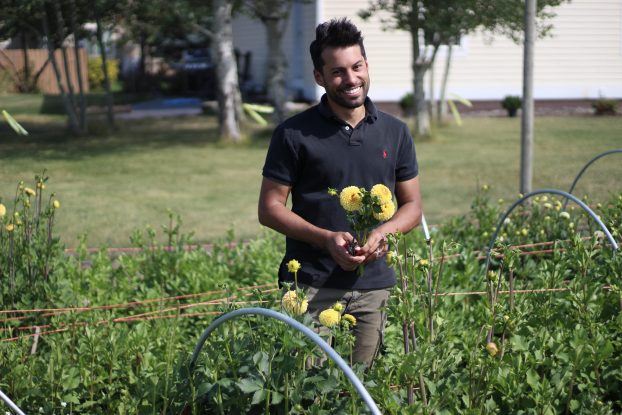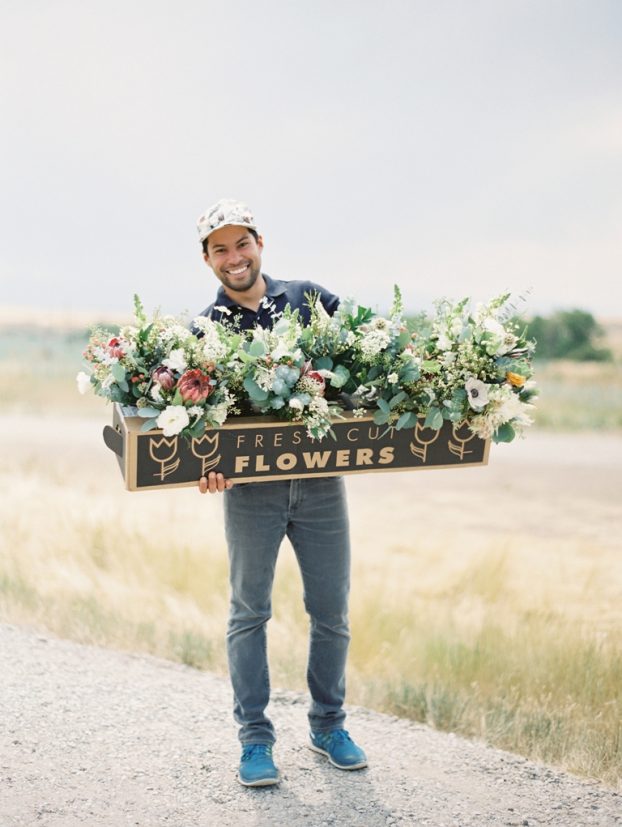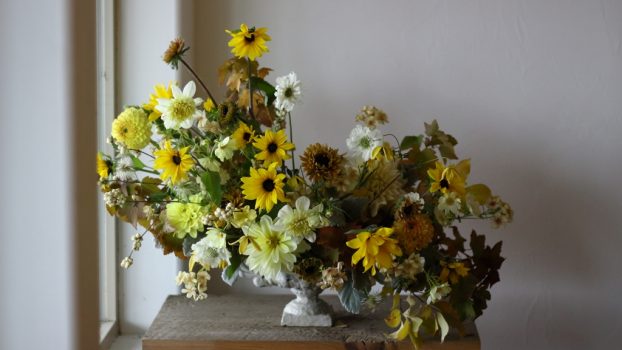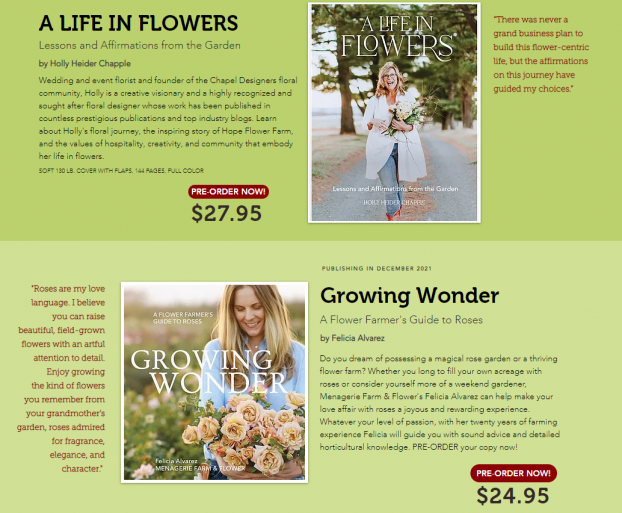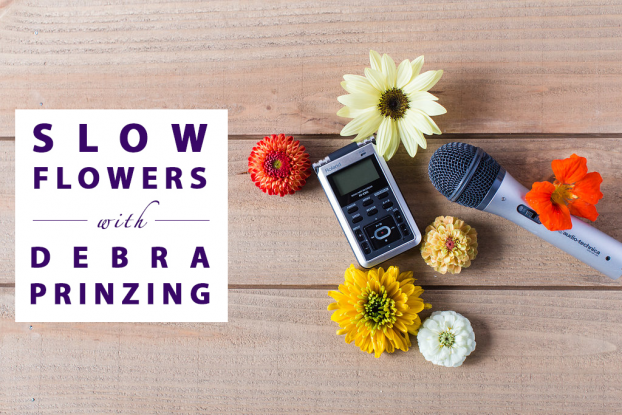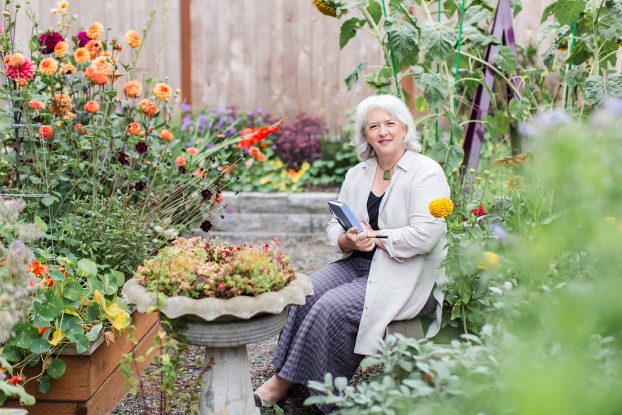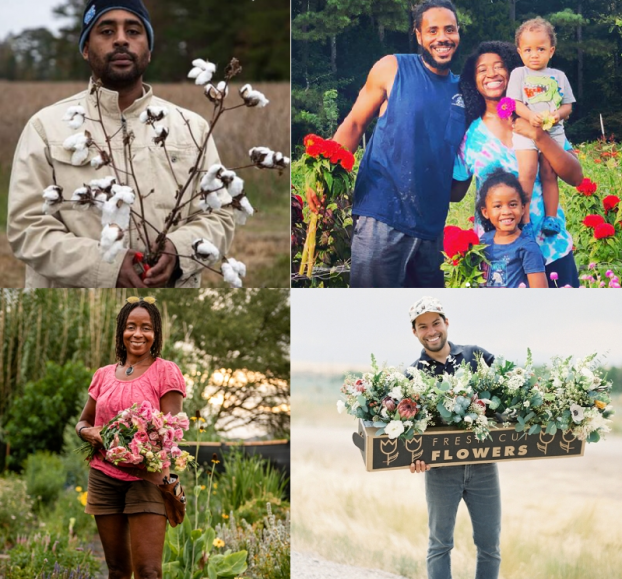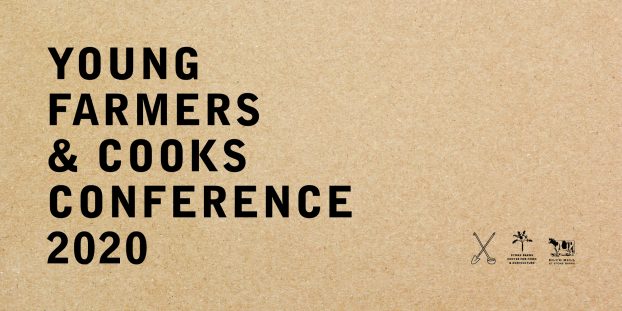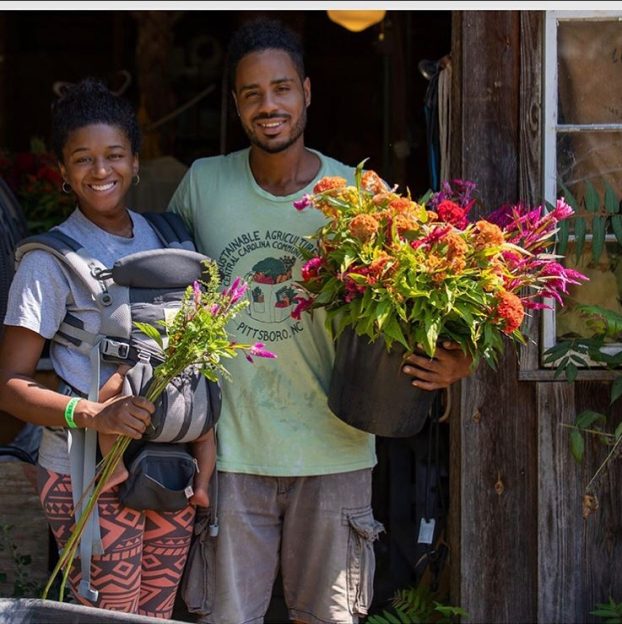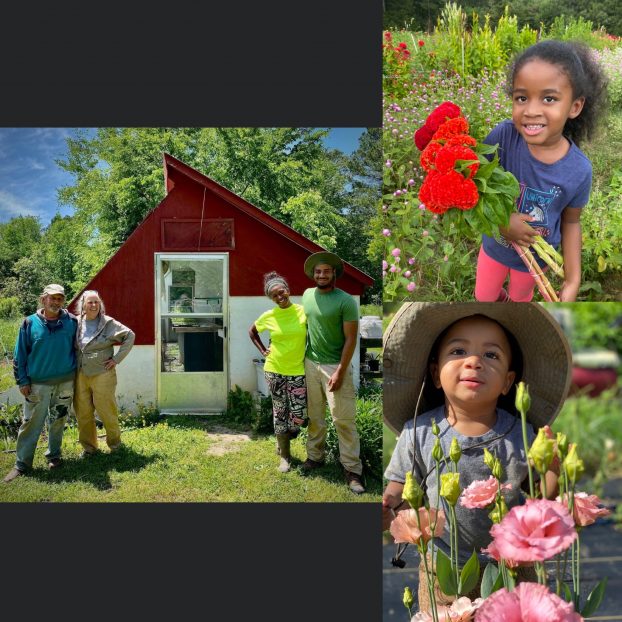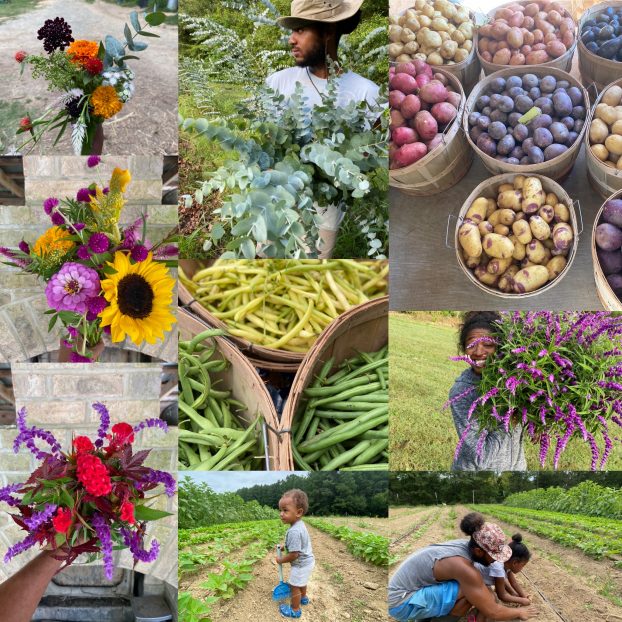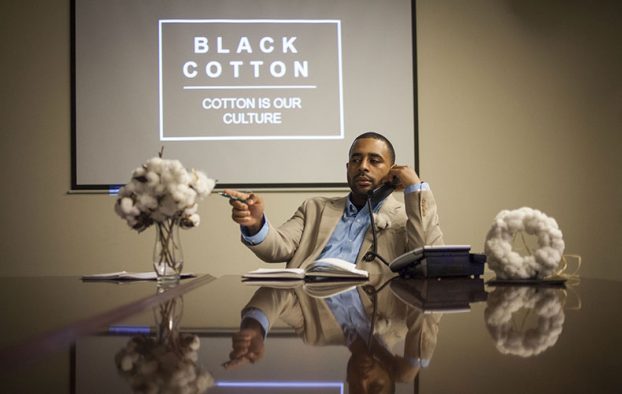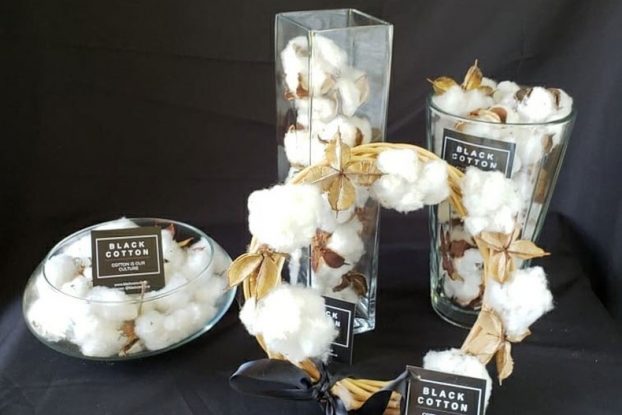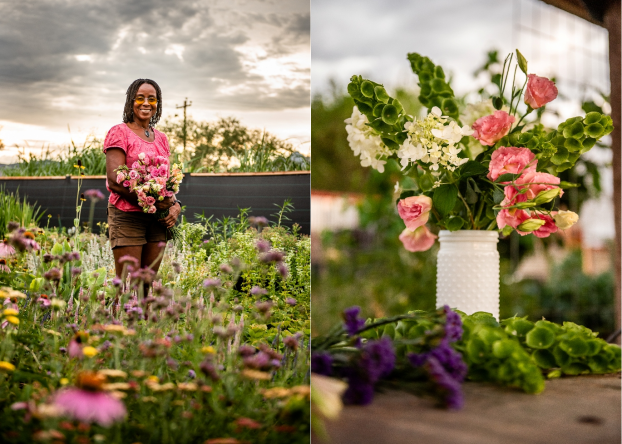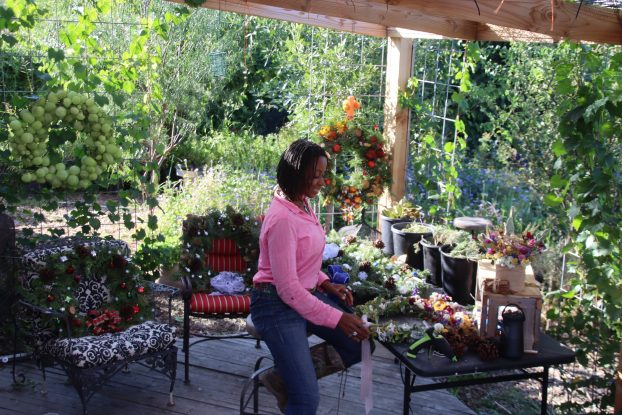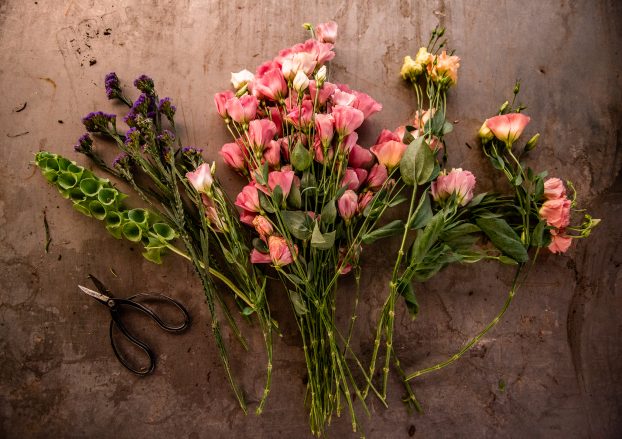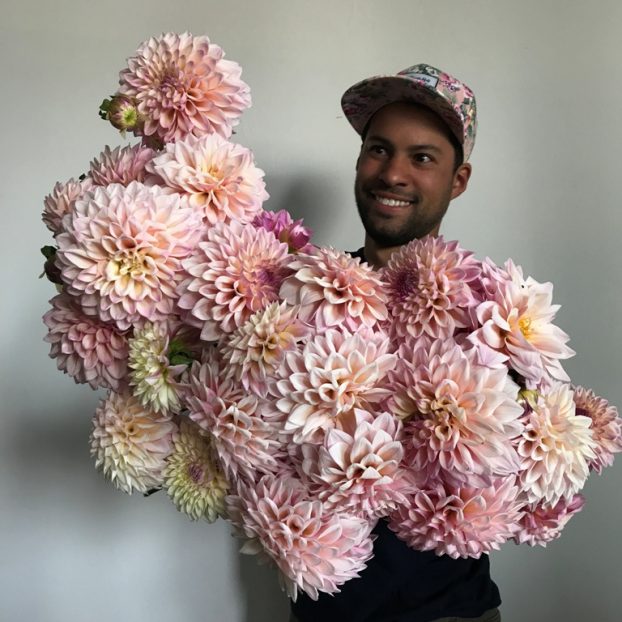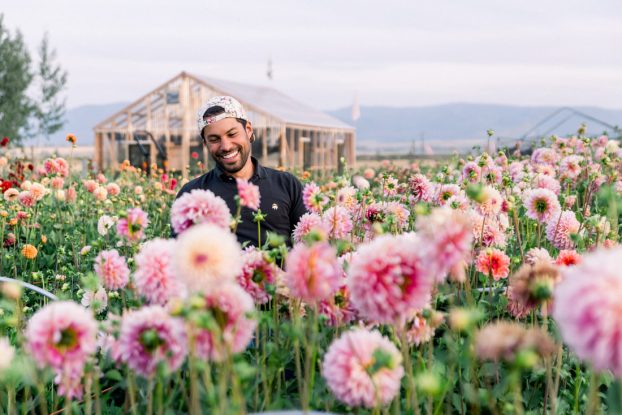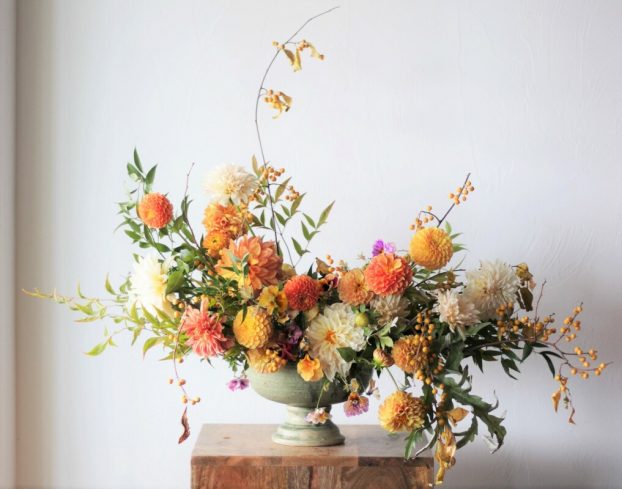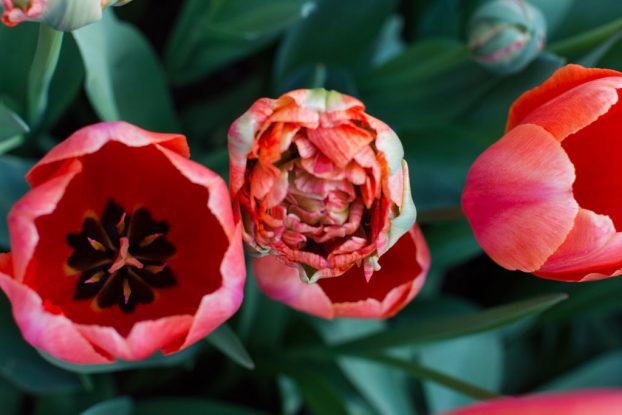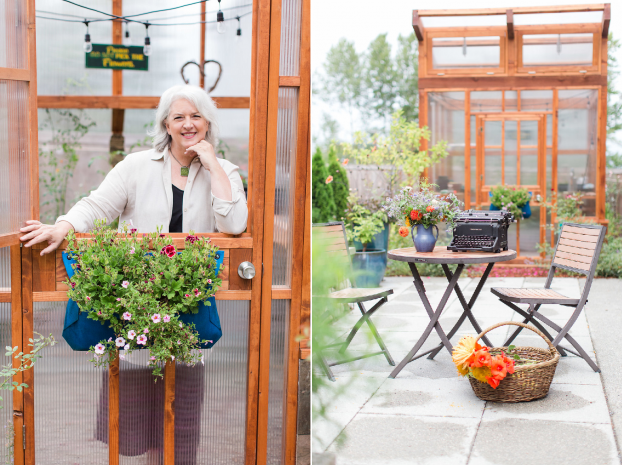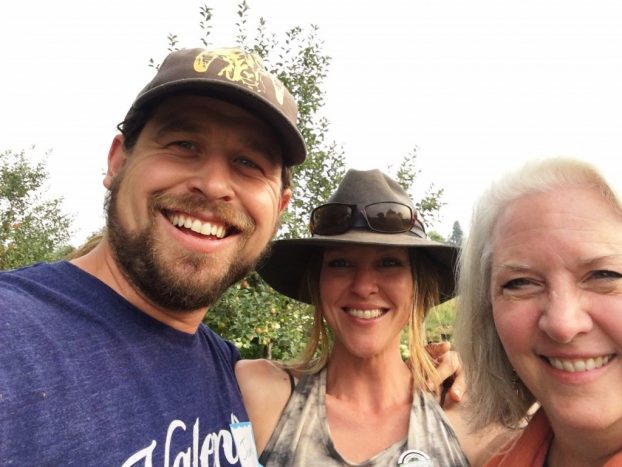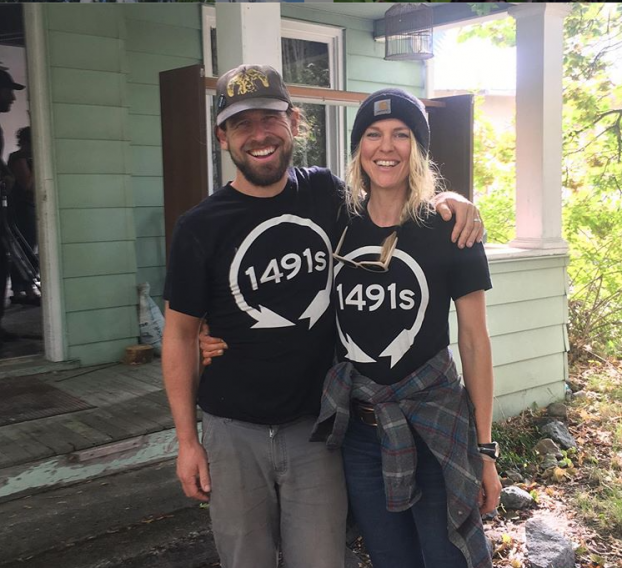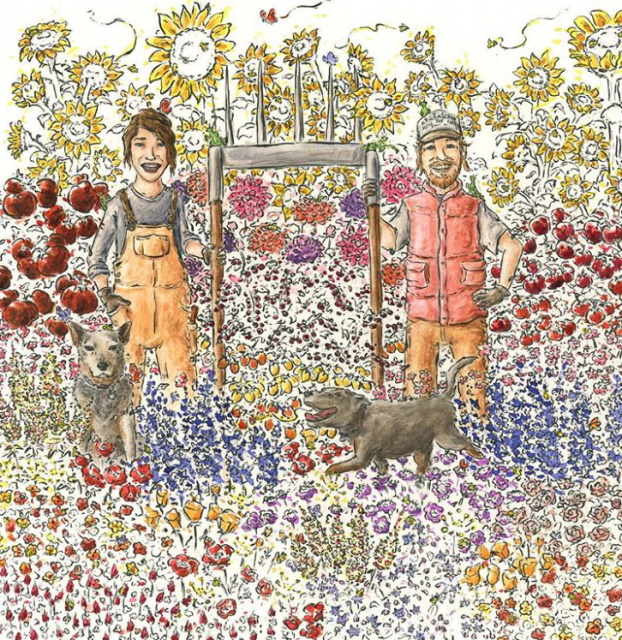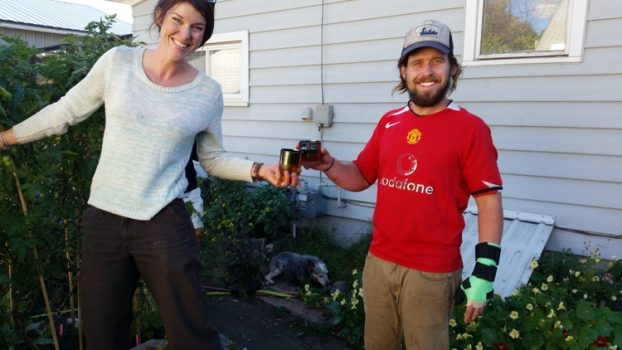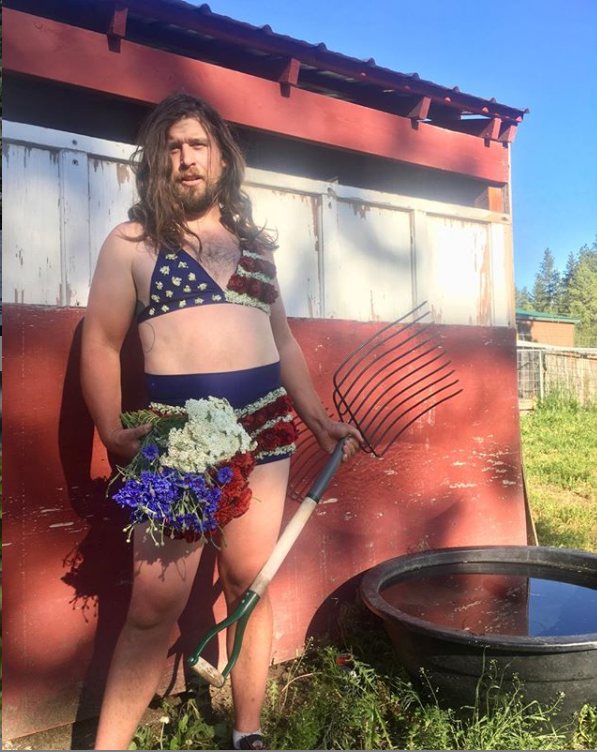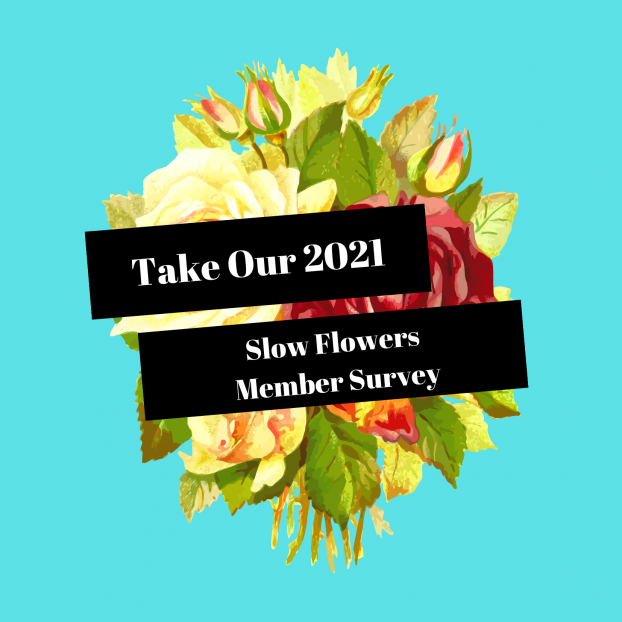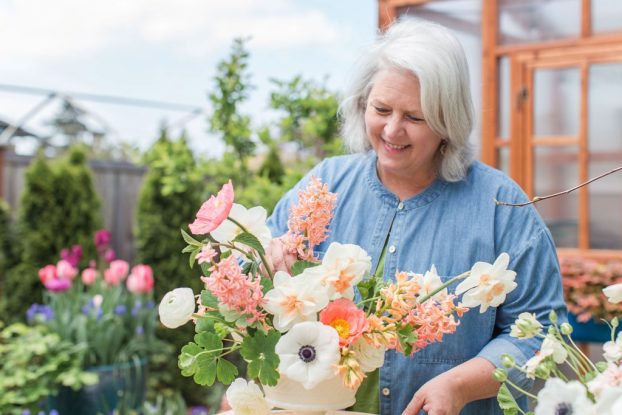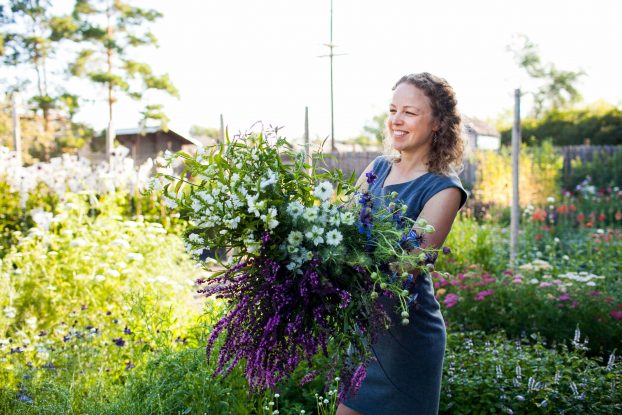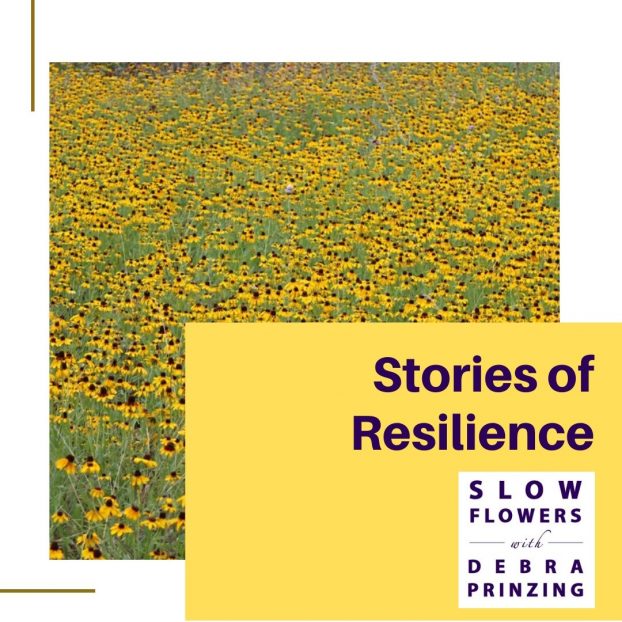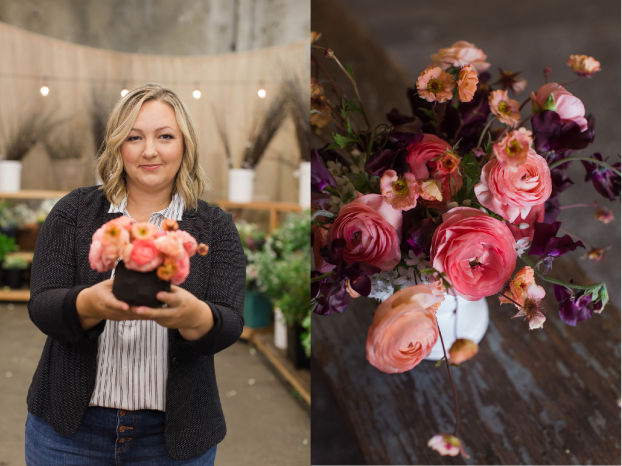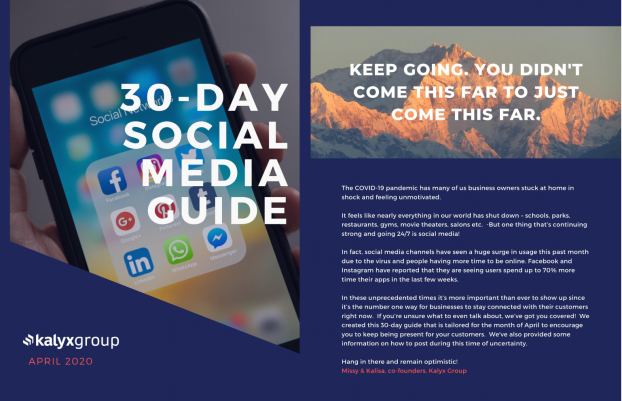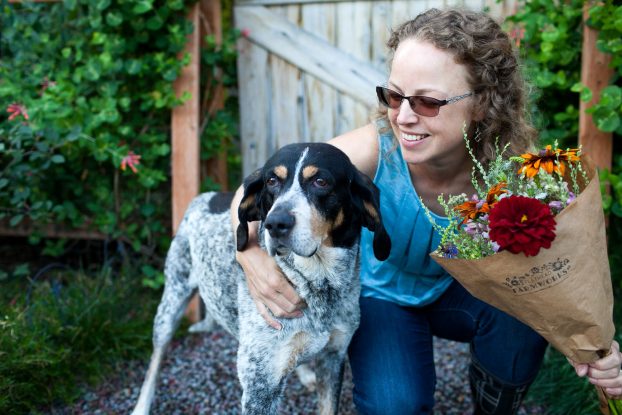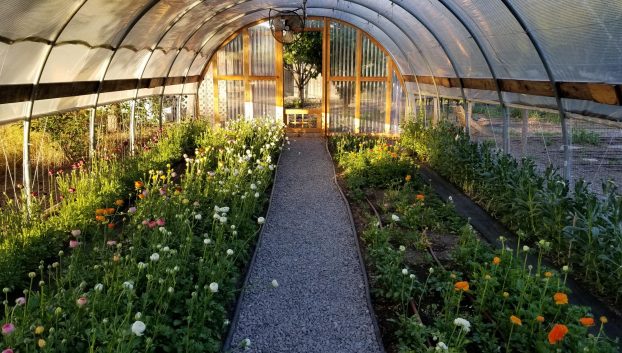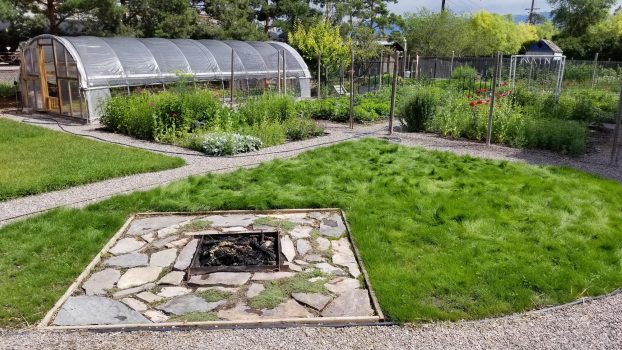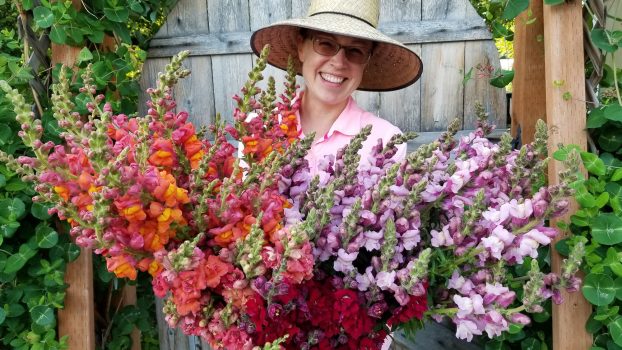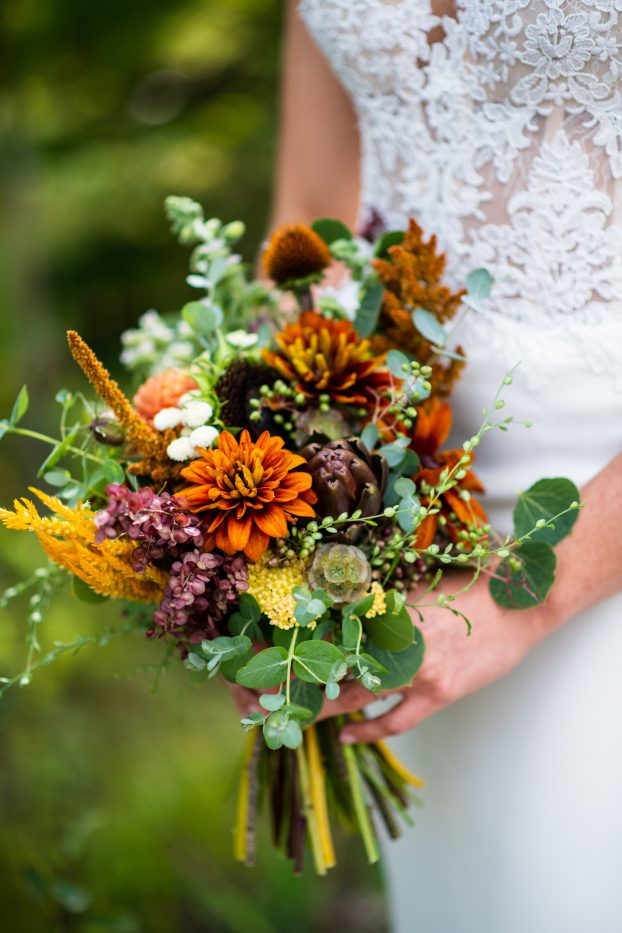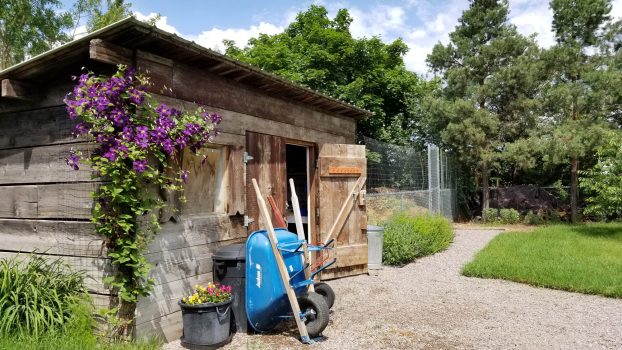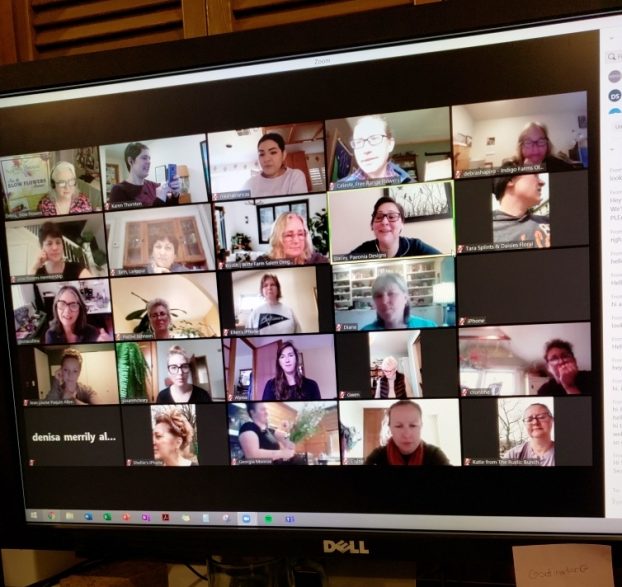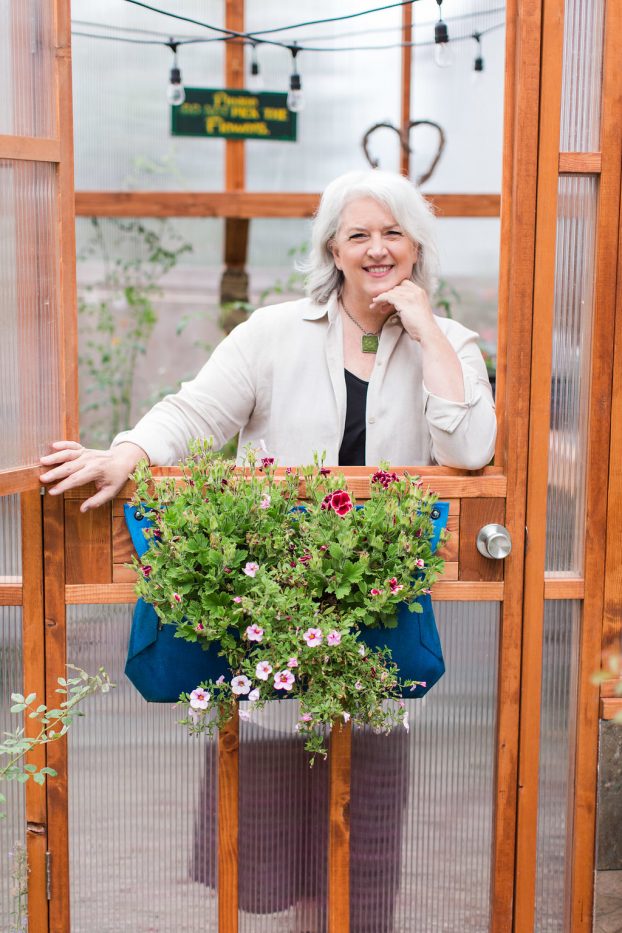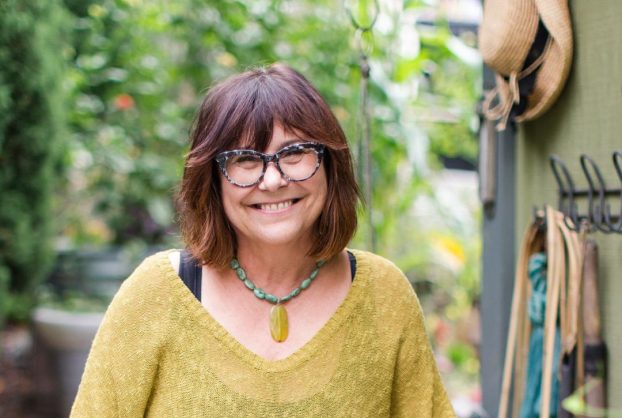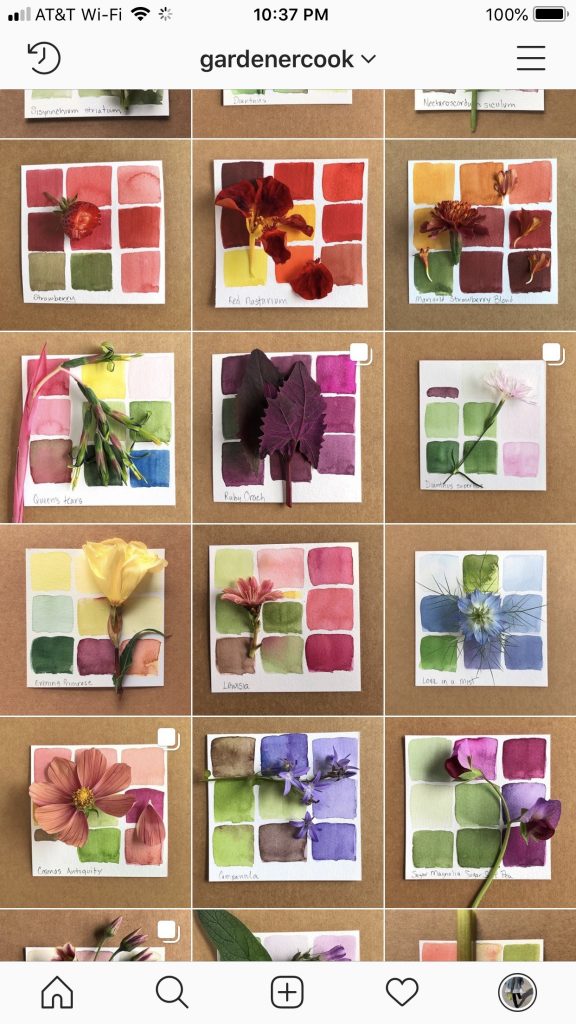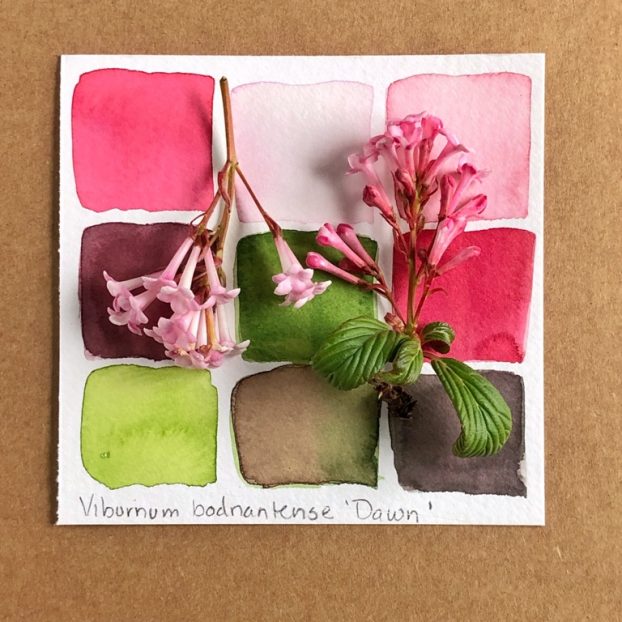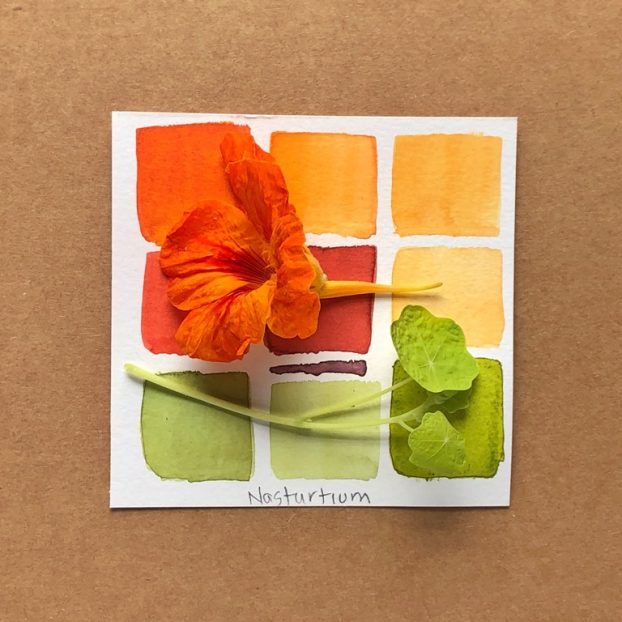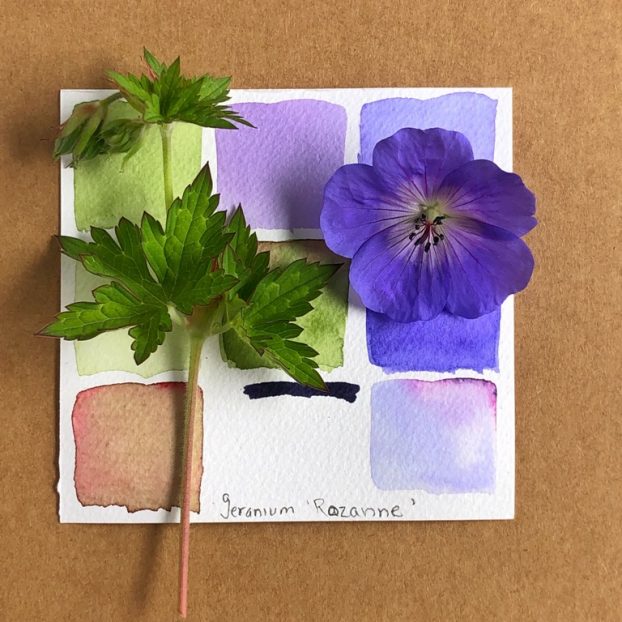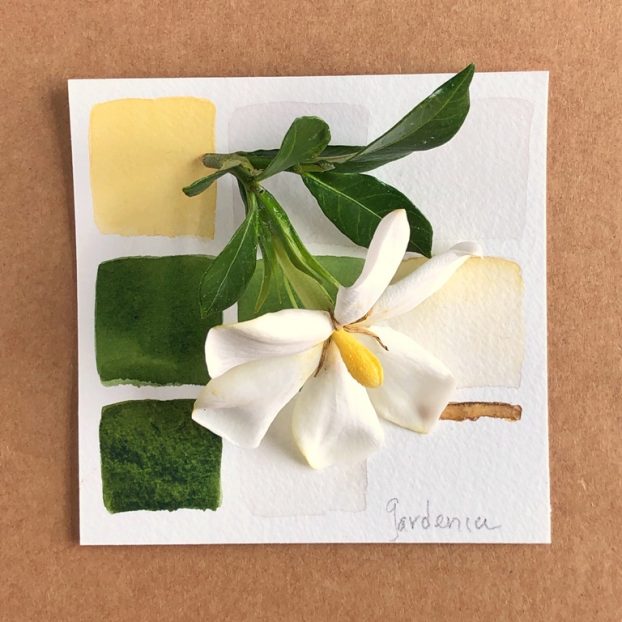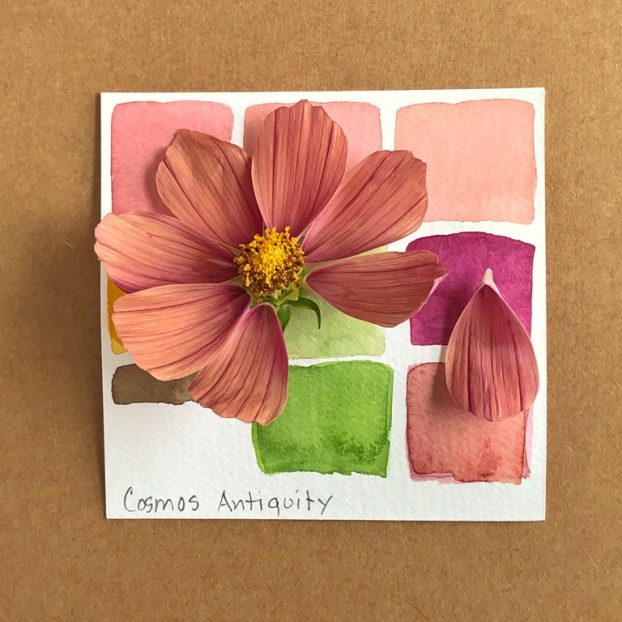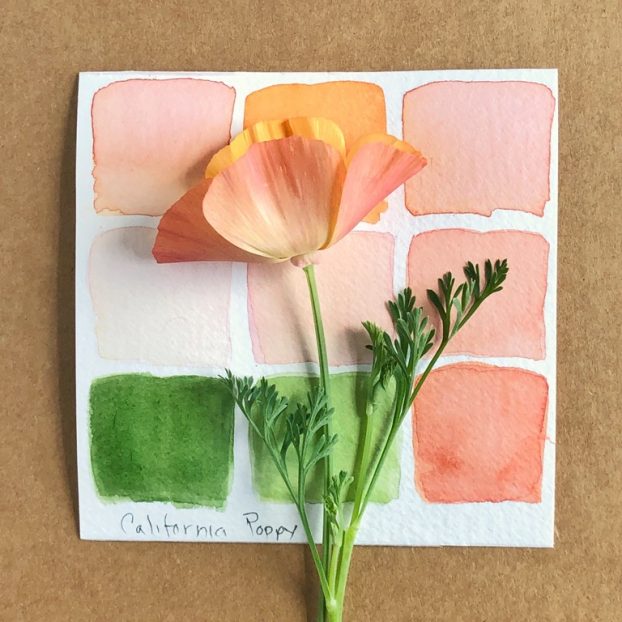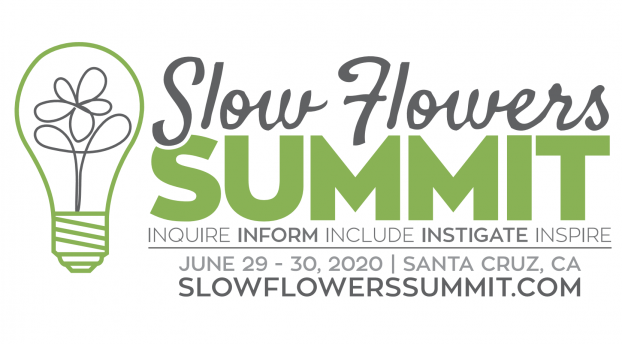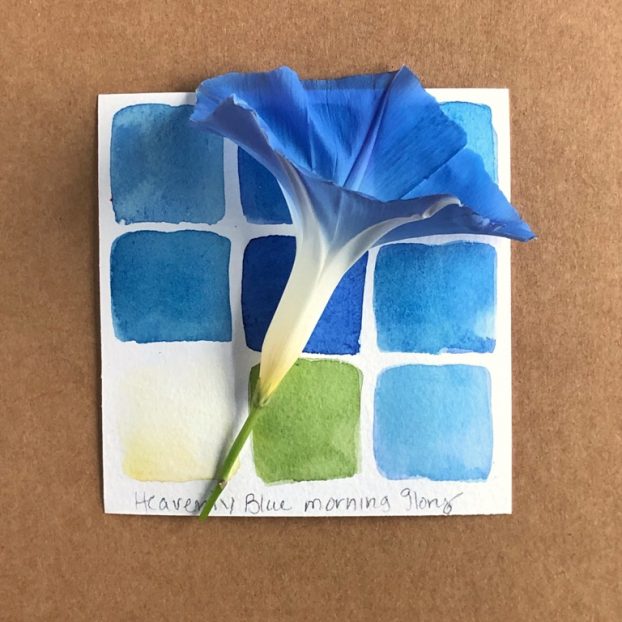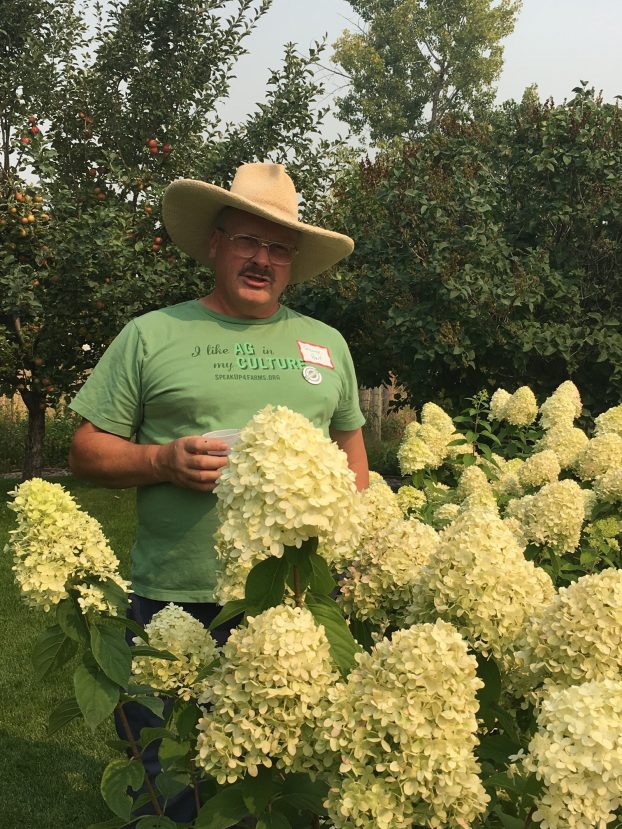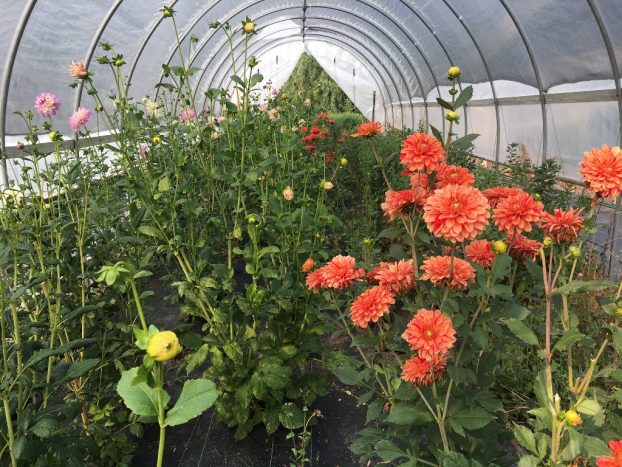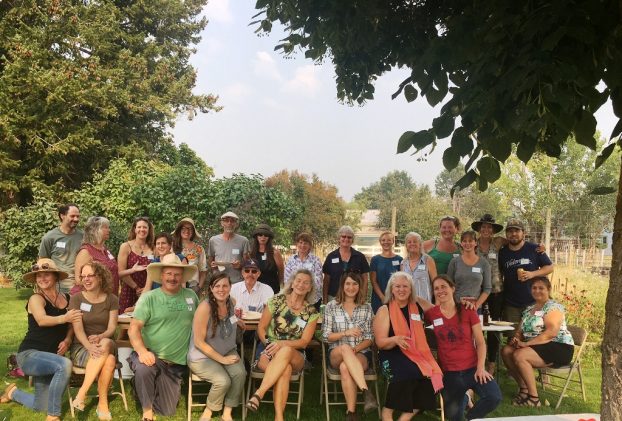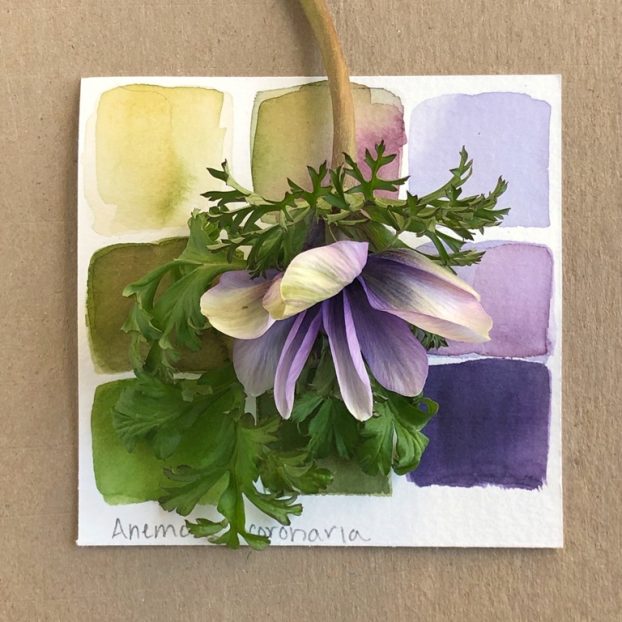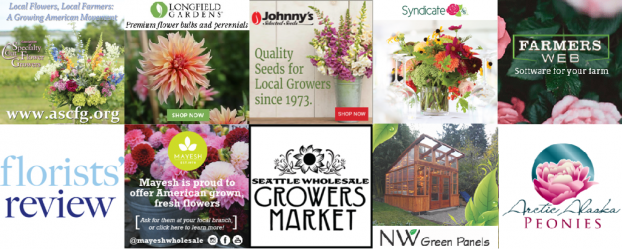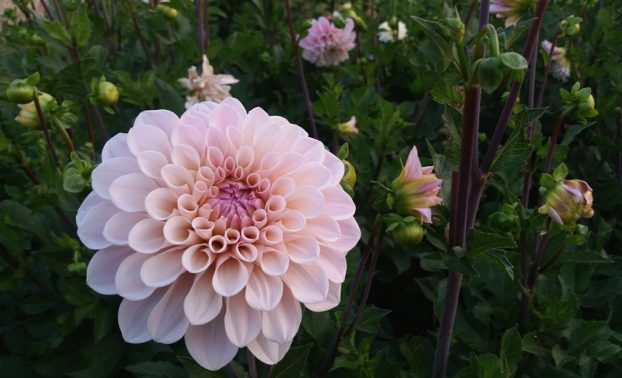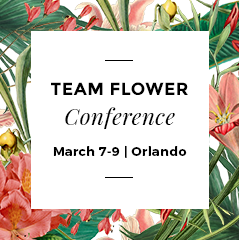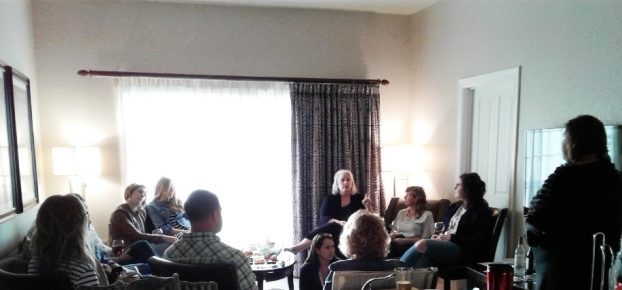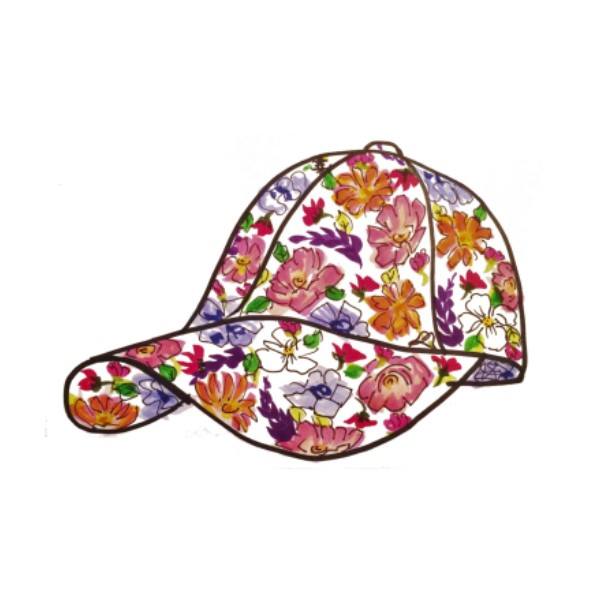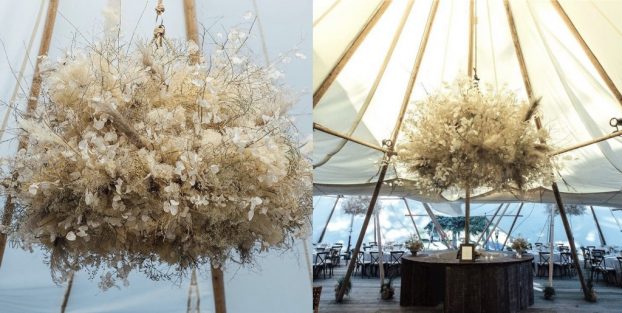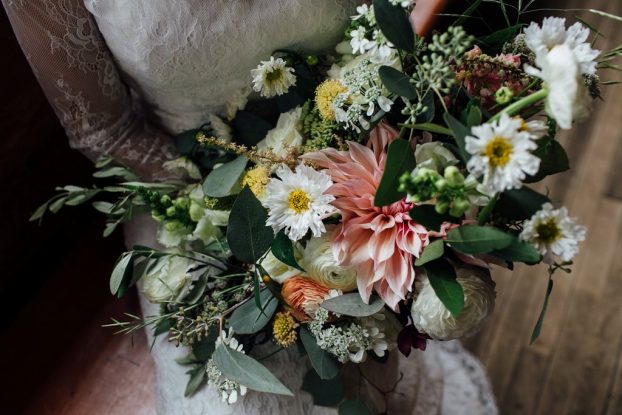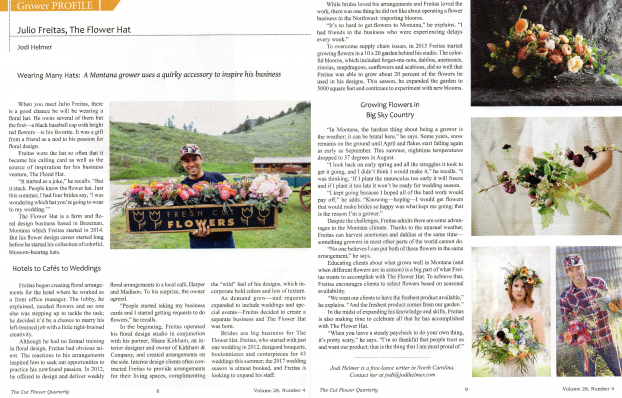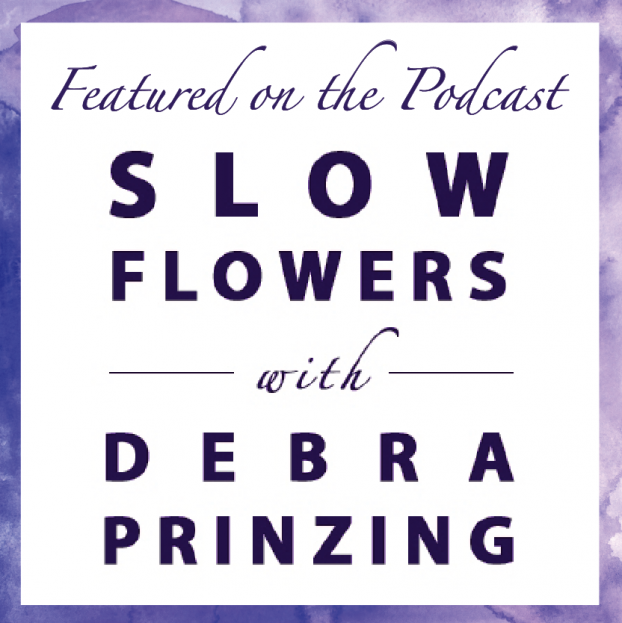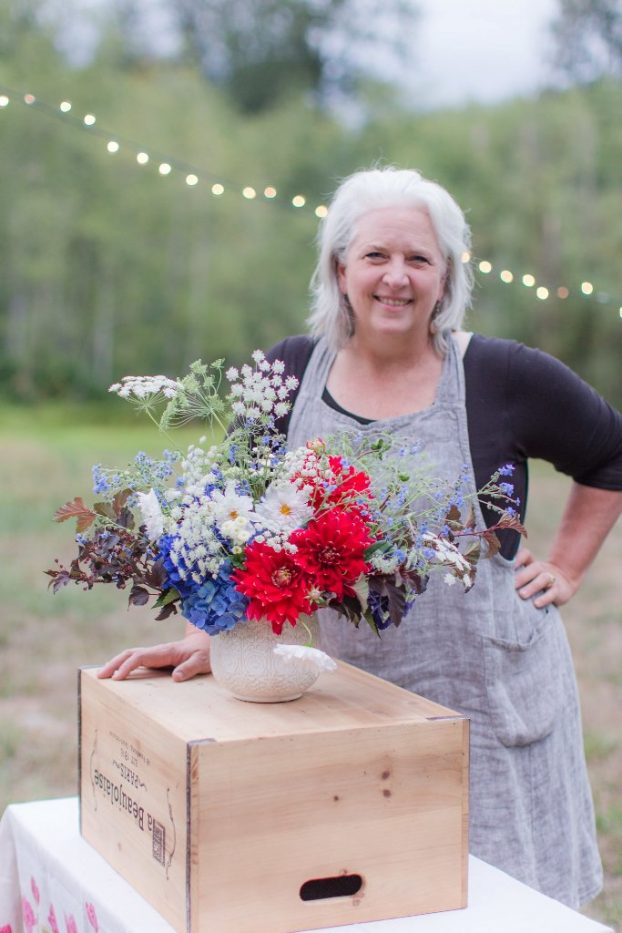Podcast: Play in new window | Download
Subscribe: Apple Podcasts | Google Podcasts | Podcast Index | RSS | More
I have a great interview to share with you today — and it includes a virtual visit to Bitterroot Flower Shop in Missoula, Montana, where I caught up with owner Lindsay Irwin.
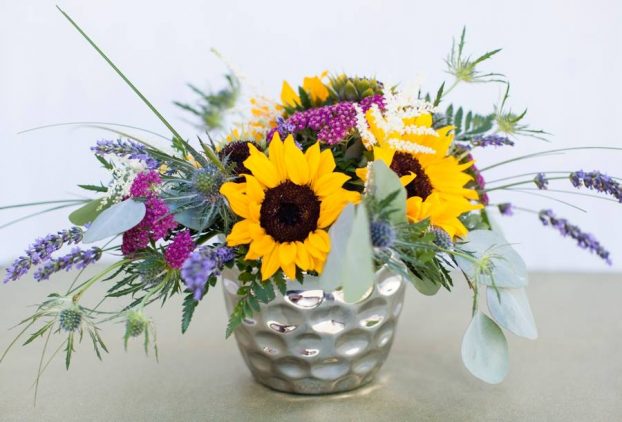
I first met Lindsay through fellow Slow Flowers members Carly Jenkins and Jamie Rogers of Killing Frost Farm. and their wholesale venture Farm to Florist Montana. They consider Bitterroot Flower Shop one of the top customers for their fresh, seasonal and local Montana-grown flowers.
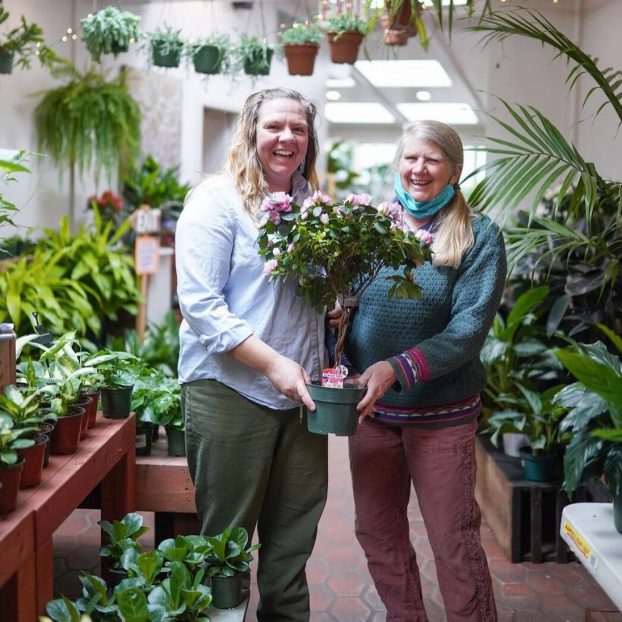
Over the years, on a few different visits to Montana, I’ve come to know Lindsay. She is active in the Montana Florists Association, having served as president in the recent past. A few years ago, I was invited to speak at the MFA annual conference and we were hosted at Lindsay’s shop, Bitterroot, a sizeable retail and production space located at a strategic intersection in downtown Missoula. I was so impressed by the many conversations I had with florists across the state . . . including Lindsay, who are pursuing new sourcing models with local flower farmers.
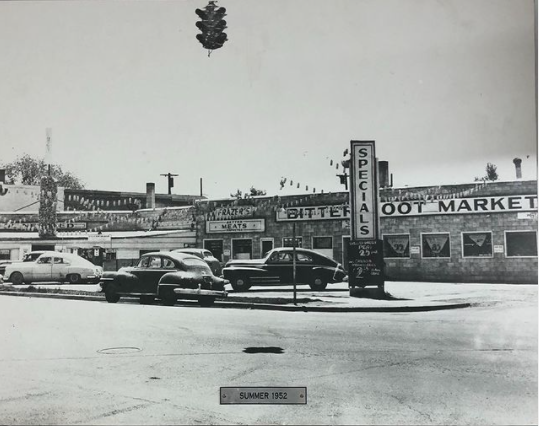
Last summer, Killing Frost Farm reached out and asked if they could buy a gift membership in Slow Flowers Society for Lindsay — as a thank you for her support of their farm and their flowers. I was so touched by that creative way a flower farm connected on a deeper level with a key customer — and it’s a great client gift idea for other flower farmers to consider!
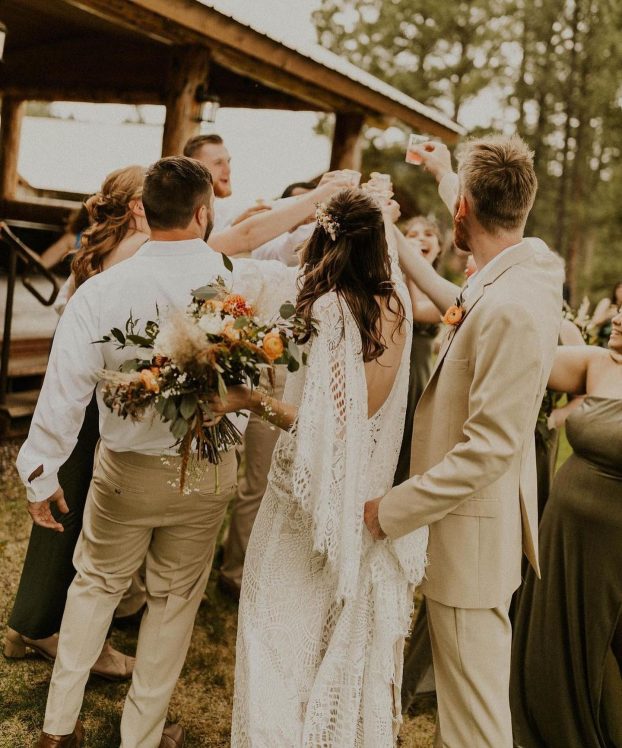
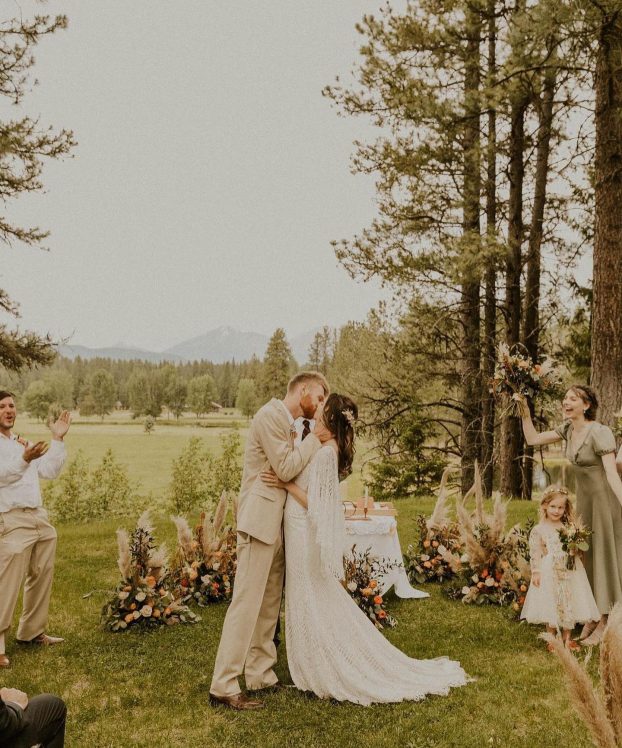
That gesture brought Lindsey and me together, too. When I was in Missoula earlier this month, she and I recorded an audio conversation, which you’ll hear today. We also recently recorded a virtual design demonstration, which appears at the top of this post. The flowers she used are all Montana-grown, along with beautiful fruiting raspberry branches from Killing Frost Farm and some California eucalyptus.
Let’s jump right in and meet Lindsey Irwin of Bitterroot Flower Shop in Missoula, Montana.
Follow Bitterroot Flower Shop on Facebook
Find Bitterroot Flower Shop on Instagram
Bonus: Listen to my 2020 interview (Episode 473) with Jamie Rogers about how Killing Frost Farm is getting more Montana-grown flowers into the hands of Montana florists!
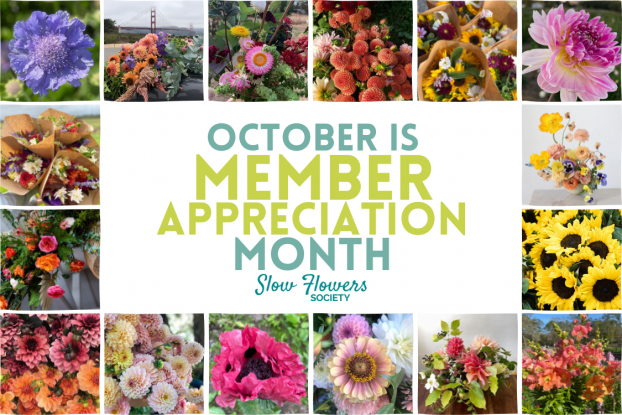
Thanks so much for joining me today! As October gets underway, this is the first podcast episode of the month featuring visits that highlight our members and the ways they share the Slow Flowers Message with their customers and marketplace. Join me, each Wednesday, for a new live-stream video interview on YouTube and our Facebook page, and here on the Slow Flowers Podcast for the audio conversation.
Subscribe to our YouTube Channel
Connect with Slow Flowers Society for our Facebook Live Content
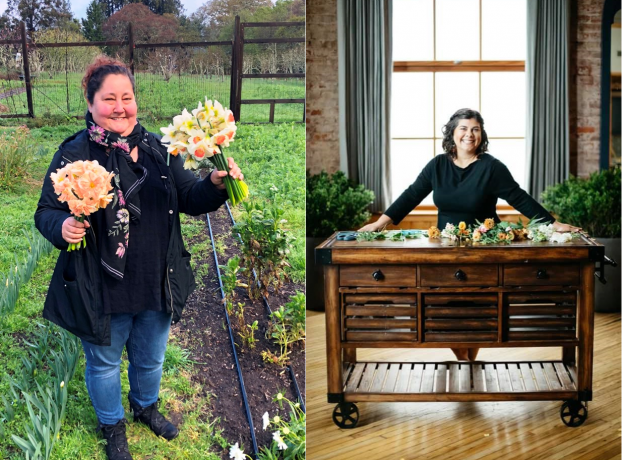
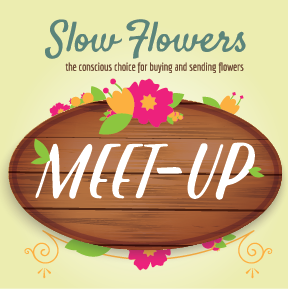 As I mentioned last week, October is Slow Flowers Member Appreciation Month! We have lots planned each day of this month to connect with you and others in our community. This Friday, be sure to join our Member Virtual Meet-Up — and hear from two members, retail florists who will share their marketing and branding tips to leverage the Slow Flowers message to their customers.
As I mentioned last week, October is Slow Flowers Member Appreciation Month! We have lots planned each day of this month to connect with you and others in our community. This Friday, be sure to join our Member Virtual Meet-Up — and hear from two members, retail florists who will share their marketing and branding tips to leverage the Slow Flowers message to their customers.
We’ve invited Sarah Reyes of Wildflower & Fern based in Oakland, Calif., and Toni Reale of Roadside Blooms, based in North Charleston, S.C., to discuss some of the ways they have successfully developed Slow Flowers’ messaging, marketing & PR, and consumer education programs that underscore their values about sourcing and sustainability.
Bring your questions!!
Here is the LINK to pre-register — and we’d love to see you this Friday, October 8th in the zoom room at 9 am pacific.noon eastern.
Thank you to our Sponsors!
This show is brought to you by Slowflowers.com, the free, online directory to more than 880 florists, shops, and studios who design with local, seasonal and sustainable flowers and to the farms that grow those blooms. It’s the conscious choice for buying and sending flowers.
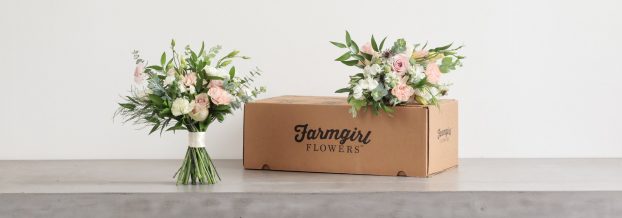
Thank you to our lead sponsor for 2021, Farmgirl Flowers. Farmgirl Flowers delivers iconic burlap-wrapped bouquets and lush, abundant arrangements to customers across the U.S., supporting more than 20 U.S. flower farms by purchasing more than $9 million dollars of U.S.-grown fresh and seasonal flowers and foliage annually. Discover more at farmgirlflowers.com.


Rooted Farmers works exclusively with local growers to put the highest-quality specialty cut flowers in floral customers’ hands. When you partner with Rooted Farmers, you are investing in your community, and you can expect a commitment to excellence in return. Learn more at RootedFarmers.com.
Johnny’s Selected Seeds, an employee-owned company that provides our industry the best flower, herb and vegetable seeds — supplied to farms large and small and even backyard cutting gardens like mine. Find the full catalog of flower seeds and bulbs at johnnysseeds.com.
Mayesh Wholesale Florist. Family-owned since 1978, Mayesh is the premier wedding and event supplier in the U.S. and we’re thrilled to partner with Mayesh to promote local and domestic flowers, which they source from farms large and small around the U.S. Learn more at mayesh.com.
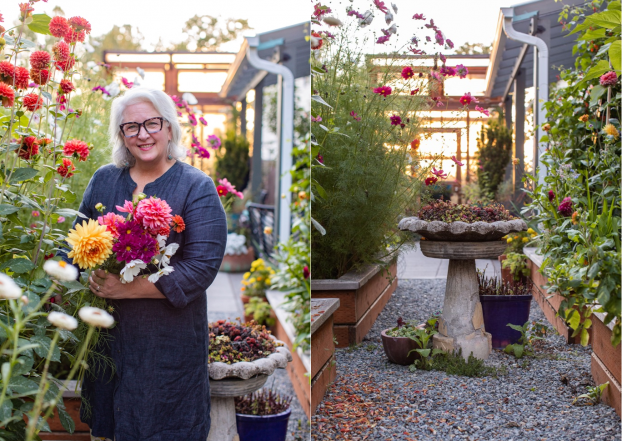
Thanks so much for joining us today! The Slow Flowers Podcast has been downloaded more than 772,000 times by listeners like you. Thank you for listening, commenting and sharing – it means so much. As our movement gains more supporters and more passionate participants who believe in the importance of our domestic cut flower industry, the momentum is contagious. I know you feel it, too.
I value your support and invite you to show your thanks to support Slow Flowers’ ongoing advocacy, education and outreach activities. You can find the donate button in the column to the right.
I’m Debra Prinzing, host and producer of the Slow Flowers Show & Podcast. Next week, you’re invited to join me in putting more Slow Flowers on the table, one stem, one vase at a time. The content and opinions expressed here are either mine alone or those of my guests alone, independent of any podcast sponsor or other person, company or organization.
The Slow Flowers Podcast is engineered and edited by Andrew Brenlan. You can learn more about Andrew’s work at soundbodymovement.com.
Music Credits:
Molly Molly; Turning on the Lights; Gaenaby
Blue Dot Sessions
http://www.sessions.blue
Lovely
by Tryad
http://tryad.bandcamp.com/album/instrumentals
http://creativecommons.org/licenses/by-sa/3.0/
In The Field; Redwood Trail
audionautix.com









